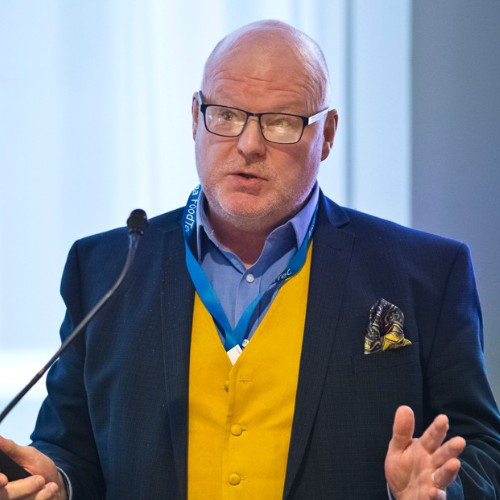Warning: Undefined array key "start" in /home4/intelli8/public_html/wp-content/plugins/asmodern-events-calendar/app/libraries/render.php on line 893
Warning: Trying to access array offset on value of type null in /home4/intelli8/public_html/wp-content/plugins/asmodern-events-calendar/app/libraries/render.php on line 893
Warning: Undefined array key "end" in /home4/intelli8/public_html/wp-content/plugins/asmodern-events-calendar/app/libraries/render.php on line 894
Warning: Trying to access array offset on value of type null in /home4/intelli8/public_html/wp-content/plugins/asmodern-events-calendar/app/libraries/render.php on line 894
Warning: Undefined array key "start" in /home4/intelli8/public_html/wp-content/plugins/asmodern-events-calendar/app/libraries/render.php on line 893
Warning: Trying to access array offset on value of type null in /home4/intelli8/public_html/wp-content/plugins/asmodern-events-calendar/app/libraries/render.php on line 893
Warning: Undefined array key "end" in /home4/intelli8/public_html/wp-content/plugins/asmodern-events-calendar/app/libraries/render.php on line 894
Warning: Trying to access array offset on value of type null in /home4/intelli8/public_html/wp-content/plugins/asmodern-events-calendar/app/libraries/render.php on line 894
Warning: Undefined array key "start" in /home4/intelli8/public_html/wp-content/plugins/asmodern-events-calendar/app/libraries/render.php on line 893
Warning: Trying to access array offset on value of type null in /home4/intelli8/public_html/wp-content/plugins/asmodern-events-calendar/app/libraries/render.php on line 893
Warning: Undefined array key "end" in /home4/intelli8/public_html/wp-content/plugins/asmodern-events-calendar/app/libraries/render.php on line 894
Warning: Trying to access array offset on value of type null in /home4/intelli8/public_html/wp-content/plugins/asmodern-events-calendar/app/libraries/render.php on line 894
Price of a single course: £499*
*without a membership
Who will benefit:
- – Farmers;
- – CSR and innovation managers in food manufacturing businesses, food retailing and catering businesses;
- – CEOs and operations managers of hospitality and food sector businesses;
- – Food policy makers in both Government and Non-Governmental organisations;
- – Agritech/Foodtech investors;
- – Curious and conscious consumers.

